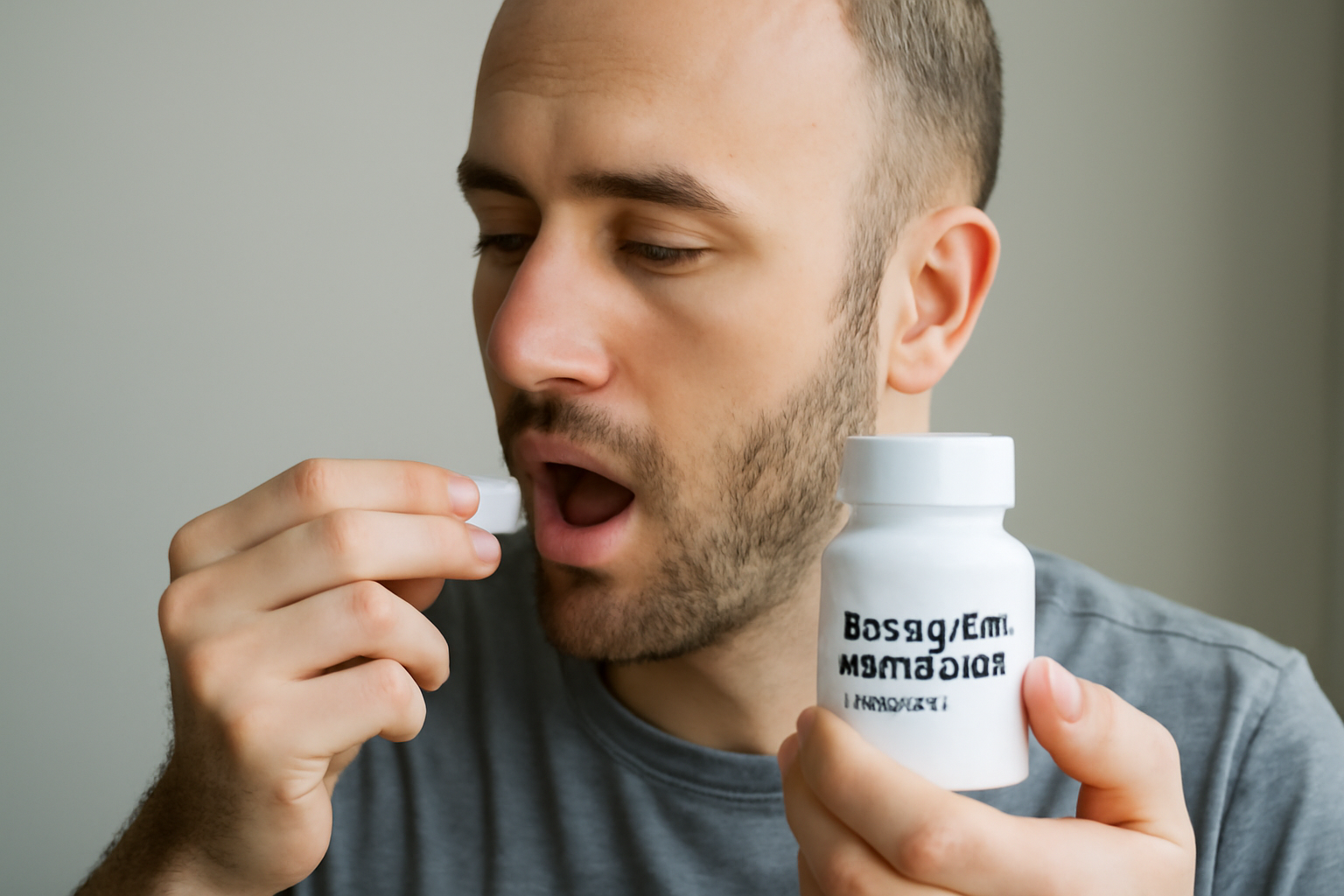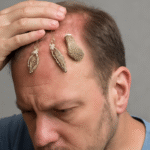Amoxicillin is a commonly prescribed antibiotic used to treat a variety of bacterial infections. While it is effective in treating these infections, some individuals may experience unexpected side effects, including hair loss. If you’ve noticed an increase in hair shedding after taking amoxicillin, you’re not alone. In this article, we’ll explore the potential link between …
Amoxicillin is a commonly prescribed antibiotic used to treat a variety of bacterial infections. While it is effective in treating these infections, some individuals may experience unexpected side effects, including hair loss.
If you’ve noticed an increase in hair shedding after taking amoxicillin, you’re not alone. In this article, we’ll explore the potential link between amoxicillin and hair loss, the causes behind this side effect, and what you can do to manage or prevent it.
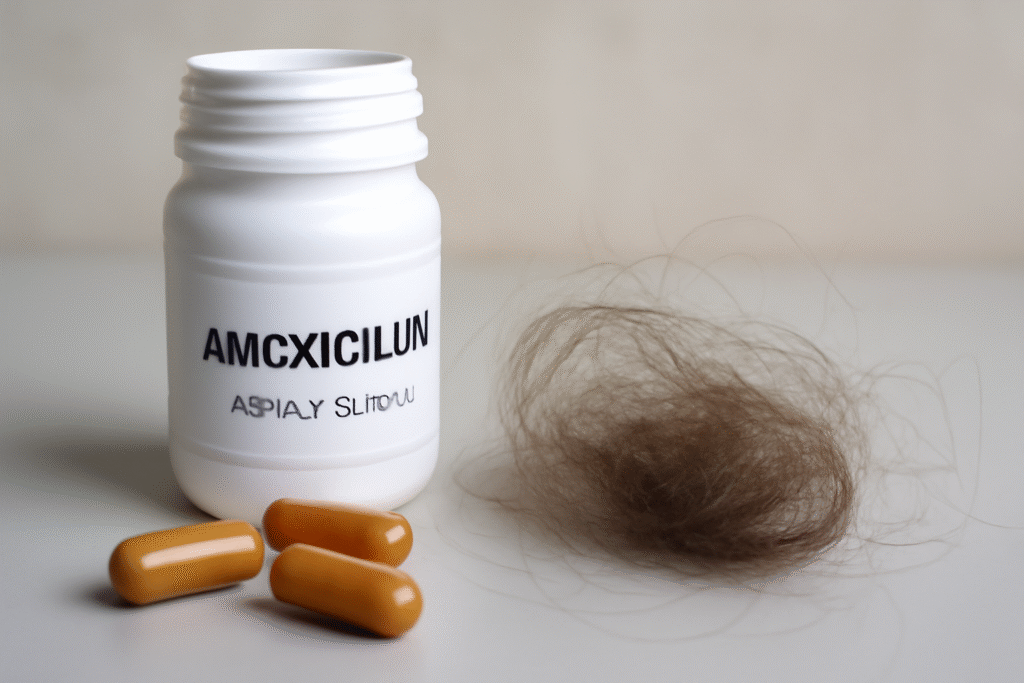
How Amoxicillin May Contribute to Hair Loss
While hair loss from amoxicillin is not a widely recognized or common side effect, there are a few ways in which the medication may contribute to hair shedding. Understanding these mechanisms can help you recognize the connection and manage the issue effectively.
Telogen Effluvium Induced by Amoxicillin
One of the most common causes of hair loss associated with amoxicillin is telogen effluvium. This condition occurs when a significant stressor, like an infection or medication, triggers a large number of hair follicles to enter the resting (telogen) phase prematurely. When hair follicles shift to the resting phase, the hair is shed, resulting in noticeable thinning or shedding of hair.
Telogen effluvium caused by amoxicillin is generally temporary. Once the medication is stopped, hair growth often resumes, although the regrowth process can take several months. In most cases, the hair loss is reversible.
Nutrient Depletion Leading to Hair Shedding
Amoxicillin, like other antibiotics, can sometimes disrupt the balance of gut bacteria and impact nutrient absorption. When the gut’s ability to absorb essential nutrients such as zinc, iron, and biotin is impaired, hair follicles may not receive the nutrition they need for healthy hair growth. This can result in hair shedding, as the hair follicles weaken and fail to produce healthy hair strands.
While this side effect is not universally experienced, those who are already low on these nutrients or who have underlying deficiencies may be more susceptible to experiencing hair loss while taking amoxicillin.
Allergic Reactions Resulting in Scalp Inflammation
Another possible cause of hair loss from amoxicillin is an allergic reaction. In rare cases, individuals may experience an allergic reaction to the medication, which can lead to scalp inflammation and irritation.
This inflammation can disrupt the hair growth cycle and cause hair follicles to become damaged, leading to hair thinning or shedding. If this occurs, it’s important to consult with a healthcare provider to determine whether amoxicillin should be discontinued and whether an alternative treatment is available.
Recognizing the Signs of Amoxicillin and Hair Loss
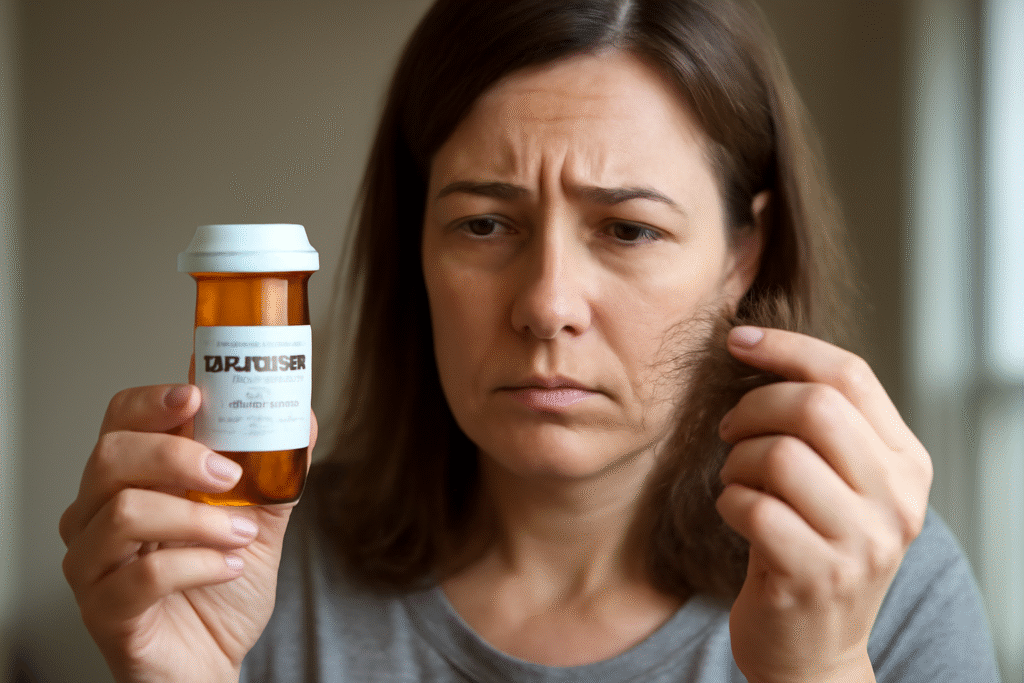
If you’re taking amoxicillin and notice increased hair shedding, there are several key signs that can help you determine if the medication may be the cause.
Diffuse Hair Thinning
Diffuse hair thinning is one of the most common symptoms of telogen effluvium caused by amoxicillin. This means that hair thinning occurs evenly across the entire scalp, as opposed to localized bald patches. The shedding tends to be gradual and may increase in volume after several weeks of taking the antibiotic.
Increased Hair Shedding During Shampooing or Brushing
If you’ve noticed more hair in your brush or during washing, it could be due to the effects of amoxicillin on your hair growth cycle. The hair follicles are prematurely entering the telogen phase, which results in excessive shedding. This is a common characteristic of drug-induced hair loss.
Scalp Irritation or Rash
In rare cases, an allergic reaction to amoxicillin can cause scalp irritation, redness, or even a rash. This can lead to inflammation and disrupt the health of the hair follicles, contributing to hair loss. If you experience any of these symptoms, it’s important to seek medical advice to assess the severity of the reaction and determine whether amoxicillin should be discontinued.
Diagnosis and Treatment Options
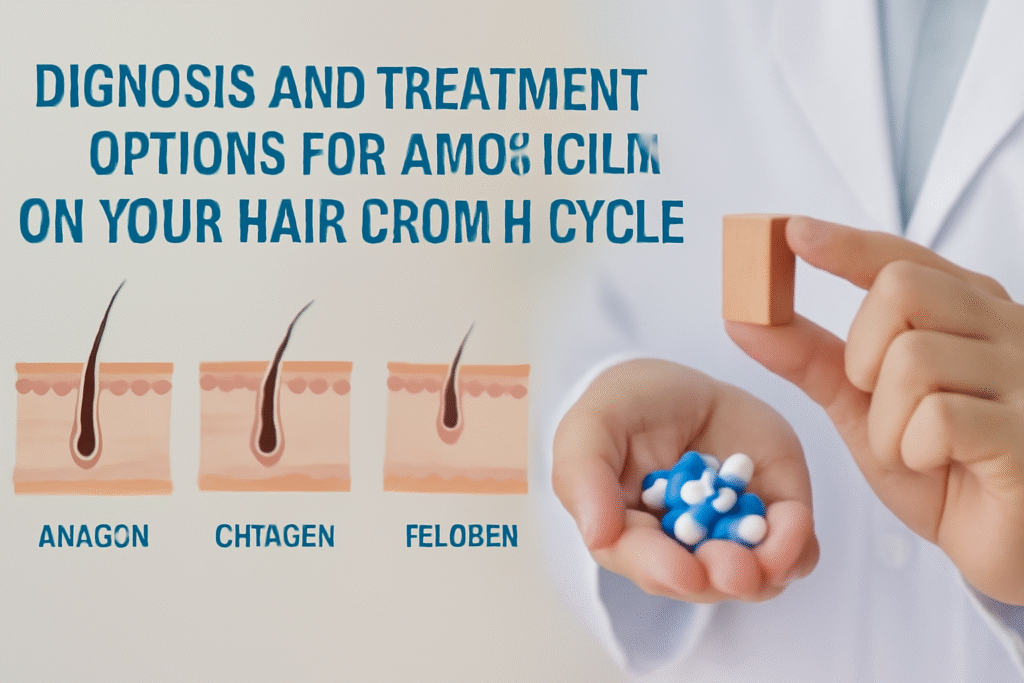
If you’re concerned about hair loss while taking amoxicillin, it’s important to consult with a healthcare provider for an accurate diagnosis and appropriate treatment options.
Consultation with a Healthcare Professional
A healthcare provider, particularly a dermatologist or trichologist, can help determine whether contribute. They will typically conduct a physical examination and may inquire about your medical history, including any medications you are currently taking. A scalp biopsy or blood tests might also be recommended to rule out other causes of hair loss.
Discontinuation
If it’s determined that amoxicillin is causing hair loss, your doctor may recommend discontinuing the medication. In most cases, the hair loss is temporary, and hair regrowth will occur once the antibiotic is no longer in your system. However, it’s crucial to follow your doctor’s guidance regarding alternative treatments for your infection.
Nutritional Support and Supplements
To help combat nutrient deficiencies caused by amoxicillin, your doctor may recommend taking nutritional supplements such as biotin, zinc, and iron. These nutrients are essential for healthy hair growth and can help restore the health of your hair follicles. Additionally, consuming a balanced diet rich in vitamins and minerals will support overall hair health.
Topical Treatments for Scalp Health
To soothe an inflamed scalp or encourage hair regrowth, topical treatments may be prescribed. Medications such as minoxidil (Rogaine) may help stimulate hair growth and promote regrowth in areas affected by telogen effluvium.
Preventing Hair Loss During Antibiotic Treatment
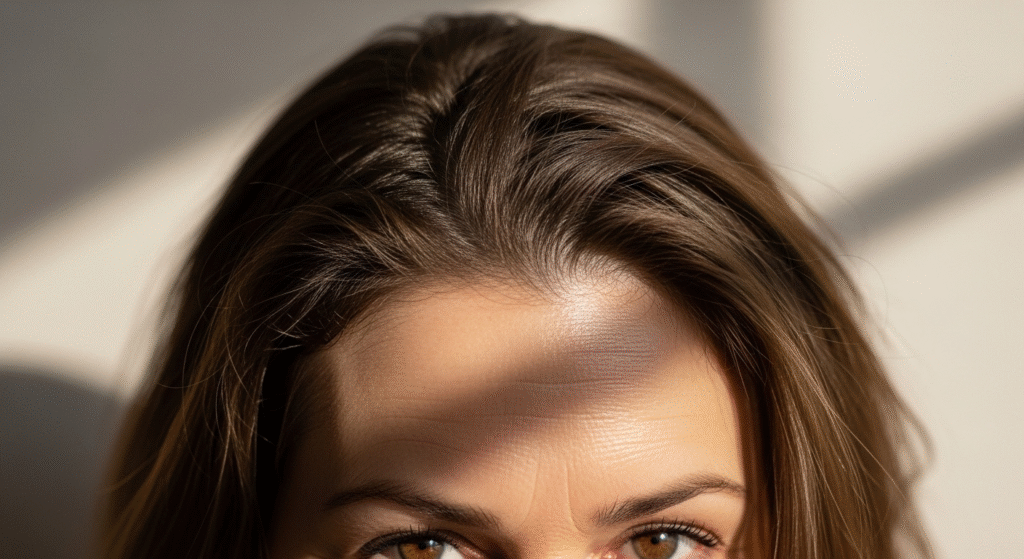
While it’s not always possible to avoid hair loss while taking antibiotics, there are several steps you can take to minimize the risk of amoxicillin-induced hair loss.
Monitoring Nutrient Intake
If you’re taking amoxicillin for an extended period, it’s important to monitor your nutrient intake. Ensure that you’re consuming enough iron, zinc, and other essential vitamins and minerals to support hair health. You may also consider taking nutritional supplements to prevent deficiencies.
Maintaining Scalp Hygiene
Regularly cleansing your scalp and hair will help prevent scalp inflammation and other irritation that may contribute to hair loss. Choose gentle shampoos and conditioners that are free from harsh chemicals, which can further irritate the scalp.
Consulting with Healthcare Providers Before Starting New Medications
Before starting any new medication, including antibiotics like amoxicillin, it’s important to discuss potential side effects with your healthcare provider. They can help you understand the risks and offer alternatives if necessary.
Expert Recovery Tips
Monitor scalp health regularly to catch any signs of inflammation or infection early.
Follow prescribed treatment plans and allow your hair follicles time to recover.
Incorporate anti-inflammatory foods into your diet to reduce scalp irritation.
Avoid scratching the scalp to prevent further damage to hair follicles.
FAQs
Is Hair Loss from Amoxicillin Permanent?
In most cases, hair loss caused by amoxicillin is temporary. Once the medication is discontinued, hair growth usually resumes. However, it may take several months for full regrowth to occur.
How Long Does It Take for Hair to Regrow After Stopping Amoxicillin?
Hair regrowth can begin within a few months after stopping amoxicillin, although it may take up to 6 months for full recovery, depending on individual circumstances.
Can Other Antibiotics Cause Hair Loss?
Yes, other antibiotics such as penicillin, cephalexin, and tetracyclines have also been linked to telogen effluvium and other forms of drug-induced hair loss.
Are There Alternative Antibiotics Less Likely to Cause Hair Loss?
If you are concerned about hair loss while taking amoxicillin, discuss alternative antibiotics with your healthcare provider. They may recommend different medications that are less likely to cause hair shedding.
Conclusion
If you’ve noticed unexplained hair loss while taking amoxicillin, it’s crucial to consult with a healthcare provider to identify the underlying cause and receive appropriate treatment. Book a consultation Dr. Uzma Irfan, an ISHRS-certified surgeon in Islamabad today to get personalized advice and solutions for managing hair loss.

